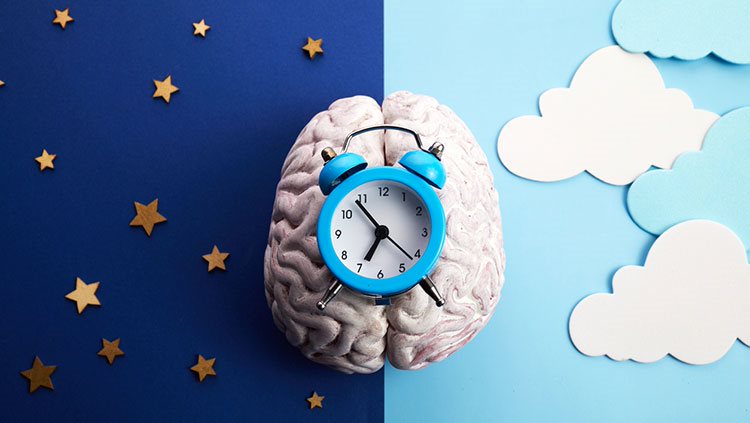Seborrheic dermatitis (SD) mainly affects the scalp, face, chest, and eyelids, causing dandruff and eczema. It affects 11% of the population, particularly infants and adults aged 30-60 with naturally oily skin. Factors like regional weather, stress, and exposure to a yeast can aggravate the condition. Treatment aims to reduce redness and itchiness. Preventive measures include rest, hygiene, stress control, and sunlight exposure.
Category Archives: Health & Well-Being
Take the Bed Pill: the Wide-ranging Effects of Insomnia
Many people find the hum of a car engine lulls them to sleep. A Hong Kong travel agency capitalizes on this with a 5-hour bus tour, acknowledging widespread insomnia issues. Sleep deprivation’s impact on productivity, relationships, and health is substantial, affecting one in three adults and costs the US economy billions annually. Seeking treatment, such as cognitive behavioral therapy, is crucial. A “sleeping bus tour” is not a viable solution.
The Benefits of Epsom Salt Baths on the Body and Health
Epsom salts are small crystals used for medicinal purposes, despite limited clinical evidence. Their magnesium sulfate compounds are absorbed through the skin during baths, relieving sore muscles and joints, improving sleep and mental health, and benefiting the skin. While not clinically proven, Epsom salt baths offer affordable relief for various conditions.
Hormonal Contraceptives’ Impact on Mood
Hormonal contraception, such as pills and implants, can impact mood, causing mood swings, depression, and anxiety. Factors like age, dosage, delivery method, and continuous use play a role. Different methods have varying effects, with continuous pill use showing fewer mood swings. It’s challenging to predict individual responses, so it’s essential to consult healthcare providers for personalized advice.
Health Risks of the Reusable Menstrual Cup
The article discusses the rising popularity of reusable menstrual products due to environmental and cost considerations. It delves into the potential risks associated with using a reusable menstrual cup, including toxic shock syndrome and the dislodgement of an intrauterine device. The research suggests that further studies are needed to evaluate these risks.
Exploration into Pneumonia
Pneumonia is a respiratory disease that infects the lungs, leading to severe short-term mortality and potential long-term effects, especially in infants and older adults. It is contagious and can have serious implications if not treated, but vaccination, hygiene, and healthy habits can help prevent its transmission and contraction.
Toxic Relationships: Definition, Signs, and Advice
“Love should never cost you your peace. It should never cost you your joy. It should never cost you your happiness. If there’s more negative in the situation than positive, something has to change” — Carolyn Gamble [1]. Author: Hadeel Alhadi What is a toxic relationship? A toxic relationship, according to professor Lillian Glass, isContinueContinue reading “Toxic Relationships: Definition, Signs, and Advice”
The Body’s Lifeline: The Impact & Benefits of Donating Blood
Although many generous Canadians already donate blood regularly, the more donors there are, the better. But why is blood demand so high? Author: Alison MacPhee Blood: Background Information Approximately 50% of Canadians will either be in need of blood components or know someone who will at some point in their lives. However, only 4% ofContinueContinue reading “The Body’s Lifeline: The Impact & Benefits of Donating Blood”
How to Care for Your Mental Health During Remote Learning: A Student’s Advice
As protective measures during COVID-19 persist, many students have transitioned to virtual learning. From an increased workload to adapting to new online learning tools, virtual education is adding to the stress caused by isolation, fear, and financial struggles. While the challenges of online learning should be addressed institutionally, there are few things students can doContinueContinue reading “How to Care for Your Mental Health During Remote Learning: A Student’s Advice”
The End of All-Nighters
Author: Alison MacPhee.
“We all do them, we know they’re outrageous, and we know these eye-bags are our battle scars as students — all-nighters behold! This article will go over the importance of sleep, and tips on what to do beforehand to ensure students can get the most of their resting periods, even on reduced hours.”









